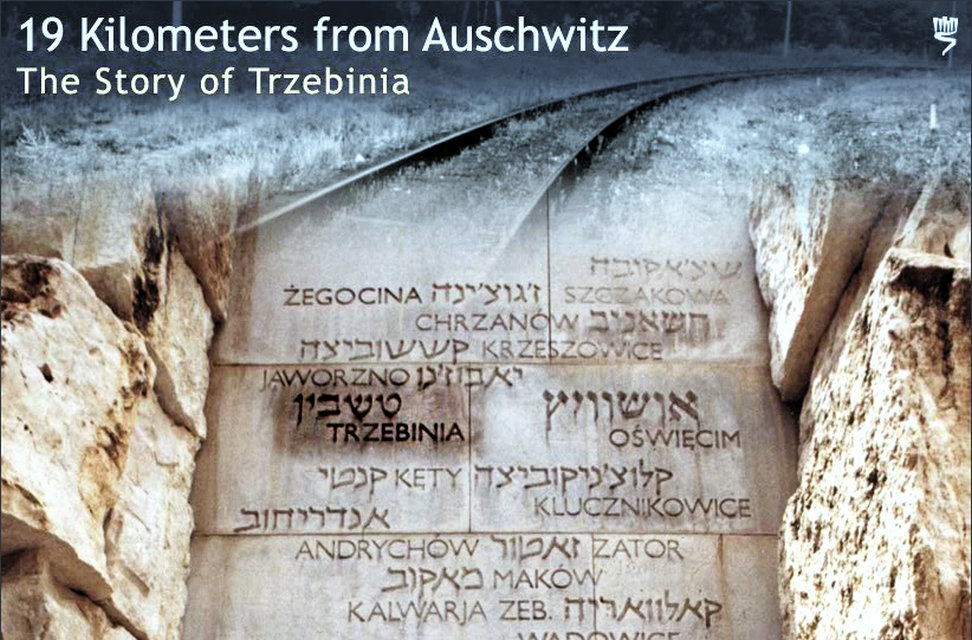

The Story of the Jewish Community of Trzebinia, Poland
On the eve of WWII, about 1,500 Jews lived in Trzebinia, Poland a community that flourished with creativity and culture, religion and tradition, social life and politics.On 29 May 1942 the deportation of the Jews of Trzebinia began. That day, SS and German police forces surrounded the ghetto, and a selection was carried out. The young and healthy were sent to work in factories and forced labor camps. A week later, those who remained were sent to Auschwitz, where they were murdered in the gas chambers upon their arrival. After the war, only 270 Jews from Trzebinia remained alive. This is the story of the community of Trzebinia.
“Although Trzebinia was a small town, it was the spiritual and cultural center for the entire region”
Holocaust survivors describe life in Trzebinia before the war
Trzebinia, 1934 – A group of young people ice skating. Pictured: Yehoshua Fleischer, Zigmund Reich, Yosik Meltzer, Esther Meyer and Mendech MarkovichTrzebinia, 1934
Members of the Trzebinia Jewish soccer team, 1932-1933
Holocaust survivors describe religious life before the war in Trzebinia
Meeting of young people in prewar Trzebinia
1932 -Girls in the Agudath Israel youth movement in Trzebinia
In the early days of the occupation, the Germans broke into the Jewish stores and apartments, robbing them of their possessions. At the end of 1939 and the beginning of 1940 all Jewish-owned factories were confiscated and the Jews of Trzebinia were put to hard labor. A slew of decrees made their lives even harder: they had to wear identifying marks, their movement was restricted and their properties were plundered. At the end of 1940 and during the first half of 1941, the Germans began to seize Jewish men for forced labor camps. On 29 May 1942 the deportation of the Jews of Trzebinia began, and on 7 June the last Jews in the town were deported to Auschwitz.
Deportation of Jews of Trzebinia and Chrzanów
Survivors describe the liquidation of the ghetto in Trzebinia
One of the buildings in which the Jews were held before their deportation to Auschwitz
Just 19 kilometers from Auschwitz… we knew about Auschwitz, but we didn’t know then, in our time, that they burnt people there, that it was a crematorium… they said there was a camp there… but nobody knew… it was so close, and so far.
After liberation, Holocaust survivors began to return to their hometowns and villages, in the hope of finding living relatives. In Poland, the destruction was visible in every direction. Out of the entire Jewish population of Trzebinia, only 270 people survived the war.
“Many came to the threshold of the house where he was born, where he had left his parents and loved ones. Standing, waiting in hope, that someone would open his door. But this miracle never happened.”
Pages of Testimony are special forms submitted to Yad Vashem by survivors, family members or friends in memory of Jews who perished in the Holocaust. On Pages of Testimony the personal identities and brief life stories of Holocaust victims are commemorated for generations to come.